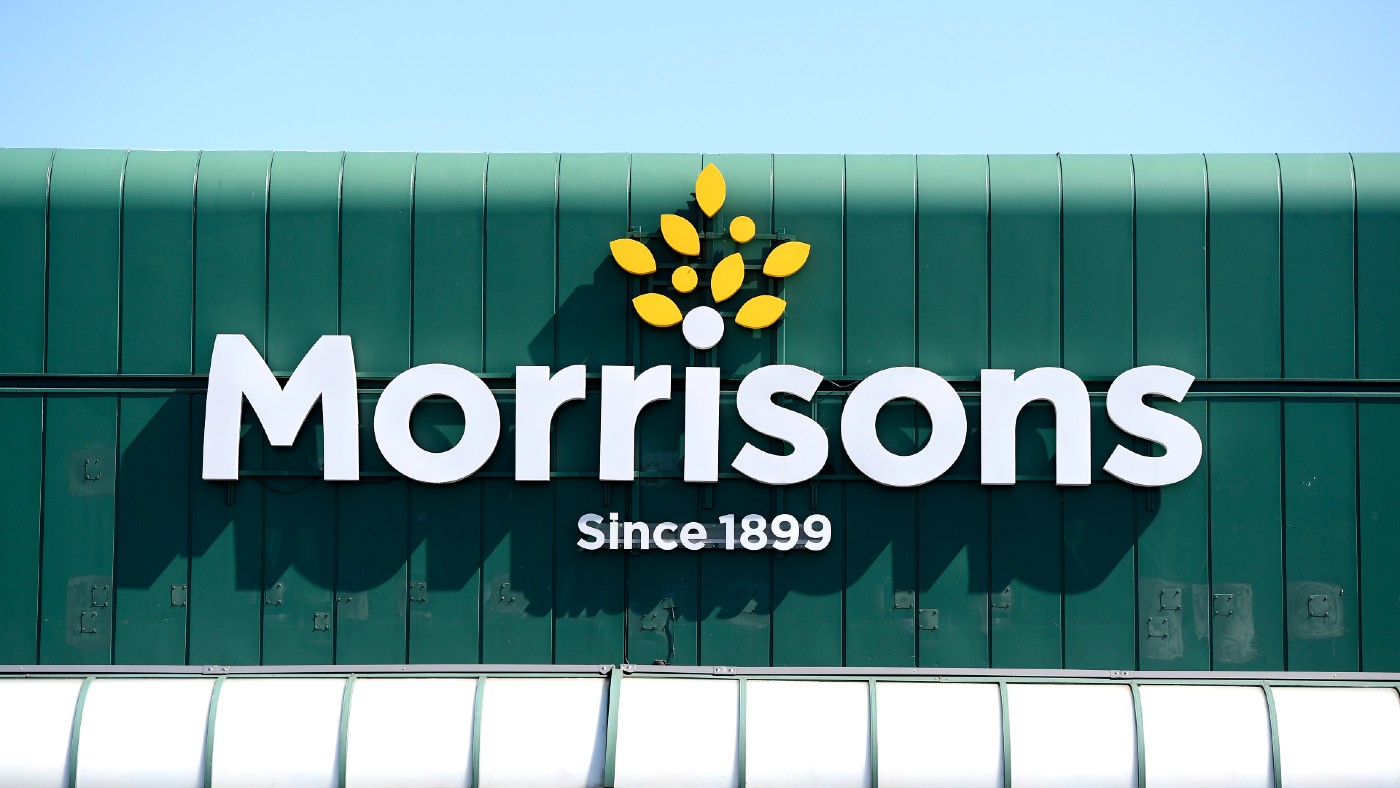Supermarket sweep: Morrisons taken private
Last weekend’s auction proved ‘strangely underwhelming’

A free daily email with the biggest news stories of the day – and the best features from TheWeek.com
You are now subscribed
Your newsletter sign-up was successful
After an intense four-month battle, “we were expecting the mother of all food fights” at last weekend’s auction for Morrisons, said Ben Marlow in The Daily Telegraph. It proved “strangely underwhelming”. Clayton, Dubilier & Rice (CD&R) beat its US private-equity rival Fortress by “just 1p-a-share” – buying Britain’s fourth-largest supermarket for around £10bn (including £3bn in debt). It’s a triumph for former Tesco chief Sir Terry Leahy, who is tipped to return to a British grocer a decade on as Morrisons’ new chairman. But the outcome for other stakeholders looks less rosy. Morrisons’ debt “will more than double” just as a supply crisis is swamping the country, placing CD&R “under intense pressure” to give the supermarket “the full private-equity treatment”.
In fairness, CD&R does enjoy a better reputation “as a builder of companies” than most of its peers, said Nils Pratley in The Guardian. But this is “still a leveraged buyout that relies on debt gymnastics”. Ominously, its “behavioural pledges” – covering asset disposals, staff pay and treatment of suppliers – are “vague” and last for only 12 months.
Given the hard work needed “to justify this deal”, loser Fortress might even be feeling “a little relieved”, said Lex in the FT. Still, the price paid for Morrisons – a “chunky” 61% premium on its “undisturbed” share price – “highlights the frenzied interest in Britain’s supermarket sector”, said Oscar Williams-Grut in the London Evening Standard.
The Week
Escape your echo chamber. Get the facts behind the news, plus analysis from multiple perspectives.

Sign up for The Week's Free Newsletters
From our morning news briefing to a weekly Good News Newsletter, get the best of The Week delivered directly to your inbox.
From our morning news briefing to a weekly Good News Newsletter, get the best of The Week delivered directly to your inbox.
Morrisons follows Asda as the second big grocer to fall into private equity hands this year. Who’s next? Shares in Sainsbury’s, Ocado and Tesco have surged amid speculation they might also be targeted. Tesco’s near £20bn market cap was once thought to be insurmountable, but “in the current climate”, rule nothing out.
A free daily email with the biggest news stories of the day – and the best features from TheWeek.com
-
 Why is the Trump administration talking about ‘Western civilization’?
Why is the Trump administration talking about ‘Western civilization’?Talking Points Rubio says Europe, US bonded by religion and ancestry
-
 Quentin Deranque: a student’s death energizes the French far right
Quentin Deranque: a student’s death energizes the French far rightIN THE SPOTLIGHT Reactions to the violent killing of an ultraconservative activist offer a glimpse at the culture wars roiling France ahead of next year’s elections
-
 Secured vs. unsecured loans: how do they differ and which is better?
Secured vs. unsecured loans: how do they differ and which is better?the explainer They are distinguished by the level of risk and the inclusion of collateral
-
 Health insurance: Premiums soar as ACA subsidies end
Health insurance: Premiums soar as ACA subsidies endFeature 1.4 million people have dropped coverage
-
 Anthropic: AI triggers the ‘SaaSpocalypse’
Anthropic: AI triggers the ‘SaaSpocalypse’Feature A grim reaper for software services?
-
 Currencies: Why Trump wants a weak dollar
Currencies: Why Trump wants a weak dollarFeature The dollar has fallen 12% since Trump took office
-
 Elon Musk’s starry mega-merger
Elon Musk’s starry mega-mergerTalking Point SpaceX founder is promising investors a rocket trip to the future – and a sprawling conglomerate to boot
-
 TikTok: New owners, same risks
TikTok: New owners, same risksFeature What are Larry Ellison’s plans for TikTok US?
-
 Will SpaceX, OpenAI and Anthropic make 2026 the year of mega tech listings?
Will SpaceX, OpenAI and Anthropic make 2026 the year of mega tech listings?In Depth SpaceX float may come as soon as this year, and would be the largest IPO in history
-
 Leadership: A conspicuous silence from CEOs
Leadership: A conspicuous silence from CEOsFeature CEOs were more vocal during Trump’s first term
-
 Ryanair/SpaceX: could Musk really buy the airline?
Ryanair/SpaceX: could Musk really buy the airline?Talking Point Irish budget carrier has become embroiled in unlikely feud with the world’s wealthiest man